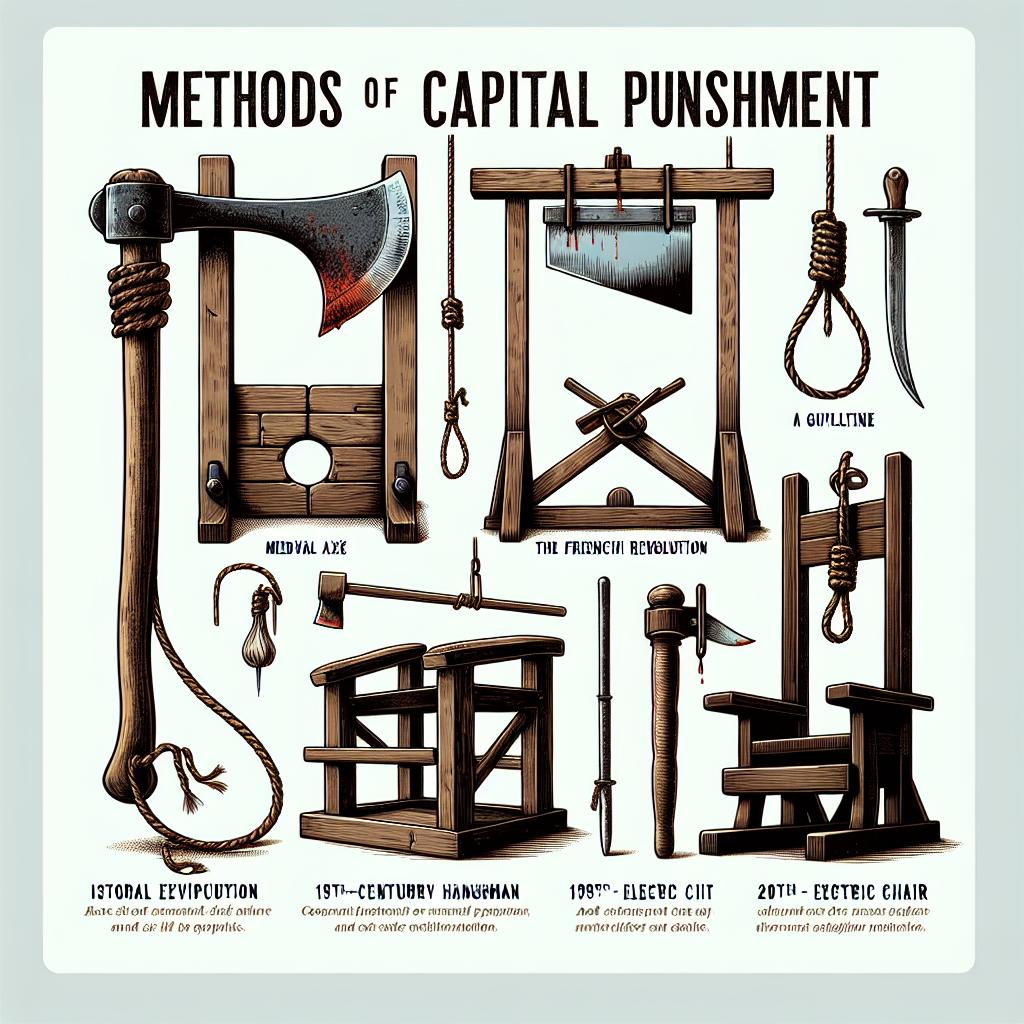

Execution method choices
In an unprecedented legal move in South Carolina, lawyers are being asked to choose the mode of execution for their client, Freddie Owens, sentenced to death. Should they fail to make the decision by September 6, Owens will face execution through the electric chair – a method Owens explicitly wishes to avoid.
Owens, who has relinquished the choice of his execution method to his legal team, did so on the grounds of his Muslim faith, which forbids him to participate in his own death. Following this, Owens’ legal representative, Emily Paavola, has been authorized with power of attorney to decide between lethal injection, firing squad, and electrocution, the three permissible methods of execution in South Carolina.
Owens, condemned to death for the murder of a Greenville convenience store clerk in 1997 and for the subsequent murder of his detention cellmate, is faced with the grim selection of his own end, after challenging the legality of South Carolina’s execution policy, under which death by firing squad was introduced as an option to condemned inmates.
This peculiar and ethically compromising situation has given rise to a wide-ranging debate, scrutinizing the boundaries and responsibilities of defense lawyers in capital punishment cases. Robin Maher, executive director of the Death Penalty Information Center, opined, “Being forced to participate in how her client will die, or how to counsel her client about which way he will die, is antithetical to their role and their purpose in a death penalty case.”
This unique predicament arises in the backdrop of recent amendments in 2021, to South Carolina’s legislation on capital punishment, which introduced death by firing squad as an option. It also made electric chair the default method if the condemned person couldn’t choose a method. The legislation paved the way to the current situation where the responsibility of making a life and death decision has fallen upon the shoulders of Owens’ attorneys.
In July, the S.C. Supreme Court ruled that the state’s execution policy was not in violation of cruel and unusual punishment. Under this ruling, the path has been cleared for Owens’ attorneys to decide on his method of execution. This unprecedented turn of events in South Carolina’s judicial system sets a daunting precedent for all stakeholders involved in capital punishment cases.
News Summary South Carolina has declared a state of emergency as wildfires rage across the…
News Summary The Medical University of South Carolina is set to construct a new comprehensive…
News Summary South Carolina's tourism industry has seen remarkable growth, generating over $29 billion annually…
News Summary Xoted Biotechnology Labs has launched its research and development facility at Spartanburg Community…
News Summary Eat the Leaf, an herb farm in Roebuck, South Carolina, founded by Jessica…
News Summary David Britt, the longest-serving member of Spartanburg County Council, is set to resign…